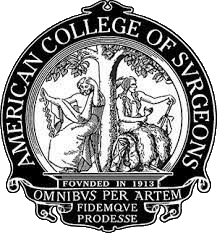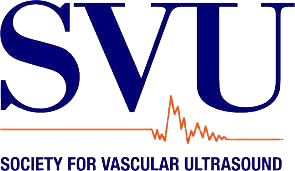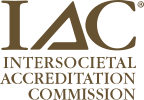Our Blog
View our articles below to stay up to date with our latest news and helpful patient resources!
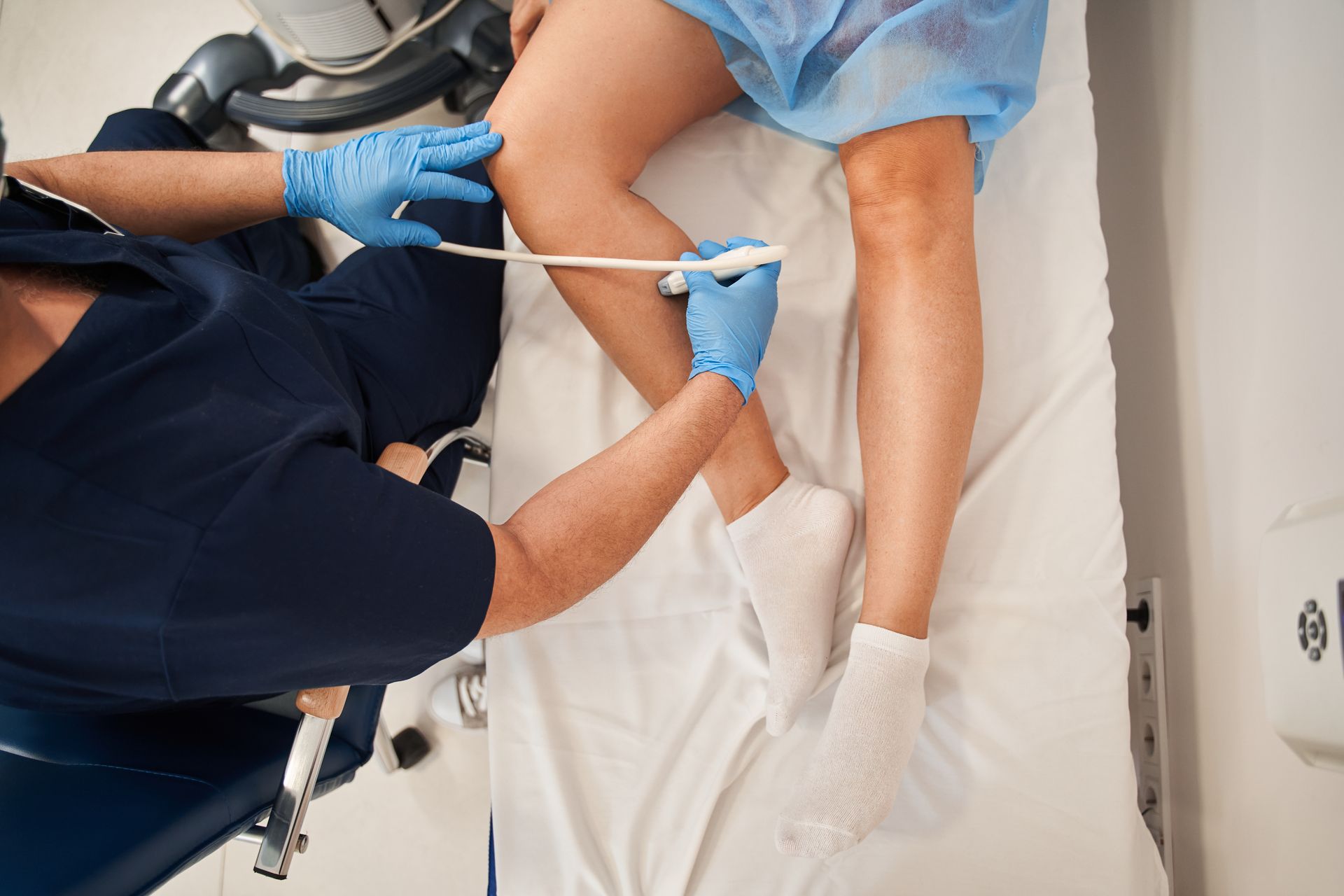
Explore the world of minimally invasive vein treatments at Precision Vein Care. From liquid and foam sclerotherapy for cosmetic concerns to advanced endovascular therapies like ClosureFast, VenaSeal, and Varithena for varicose veins, our office-based procedures are designed for convenience and comfort. Learn about the short, hassle-free stab phlebectomy for stubborn veins. At Precision Vein Care, our focus is on tailored solutions, minimal discomfort, and rapid recovery, ensuring you can resume your daily activities quickly. Read our blog for insights on vein procedures and recovery times.
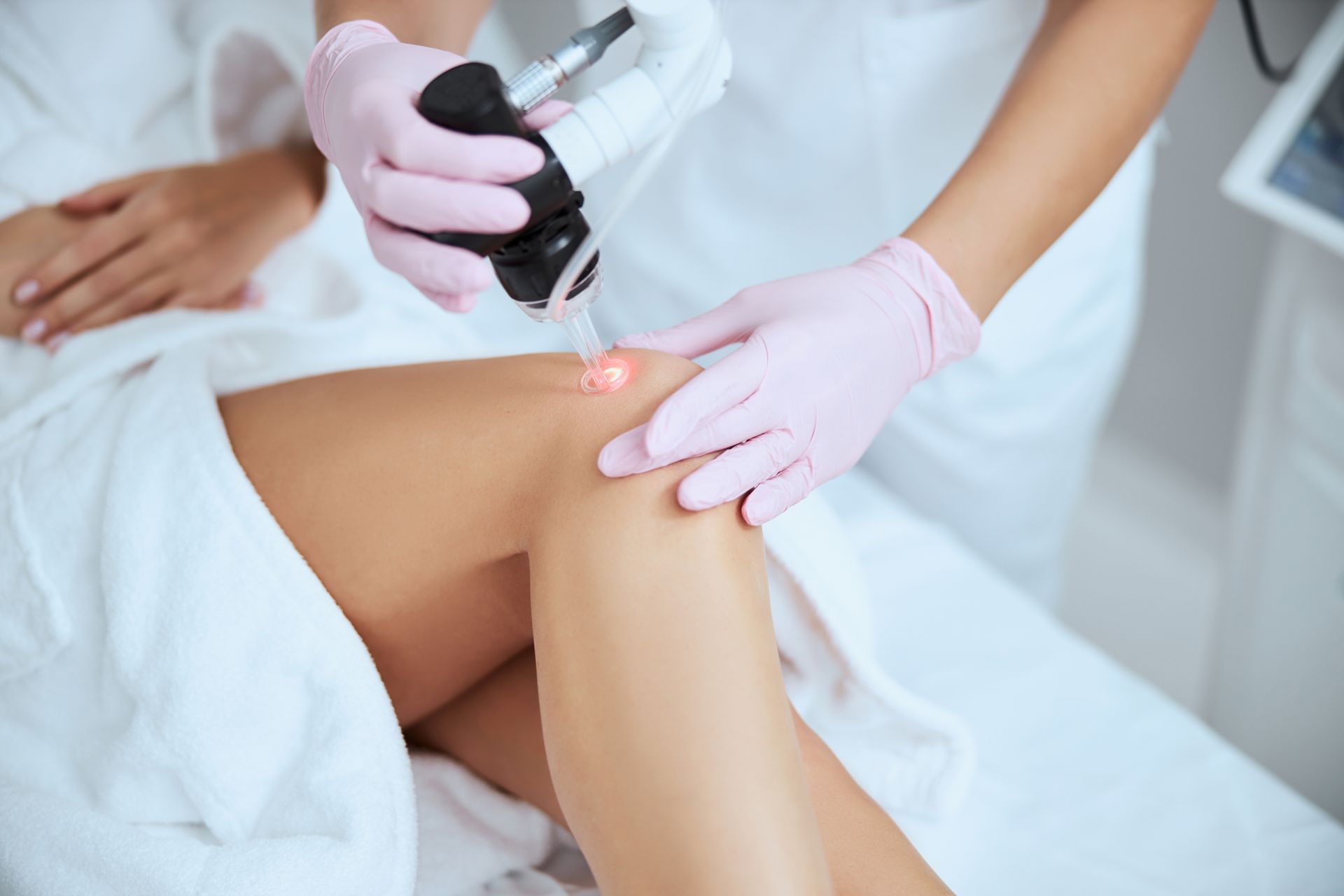
Discover the range of advanced vein care procedures at Precision Vein Care. From cosmetic sclerotherapy for spider veins to minimally invasive treatments like ClosureFast ablation and Varithena techniques for varicose veins, our team, led by Dr. Guzzo, offers individualized plans with minimal discomfort and rapid recovery. Learn about our short stab phlebectomy procedure for stubborn veins. Trust Precision Vein Care for comprehensive and comfortable vein care solutions.
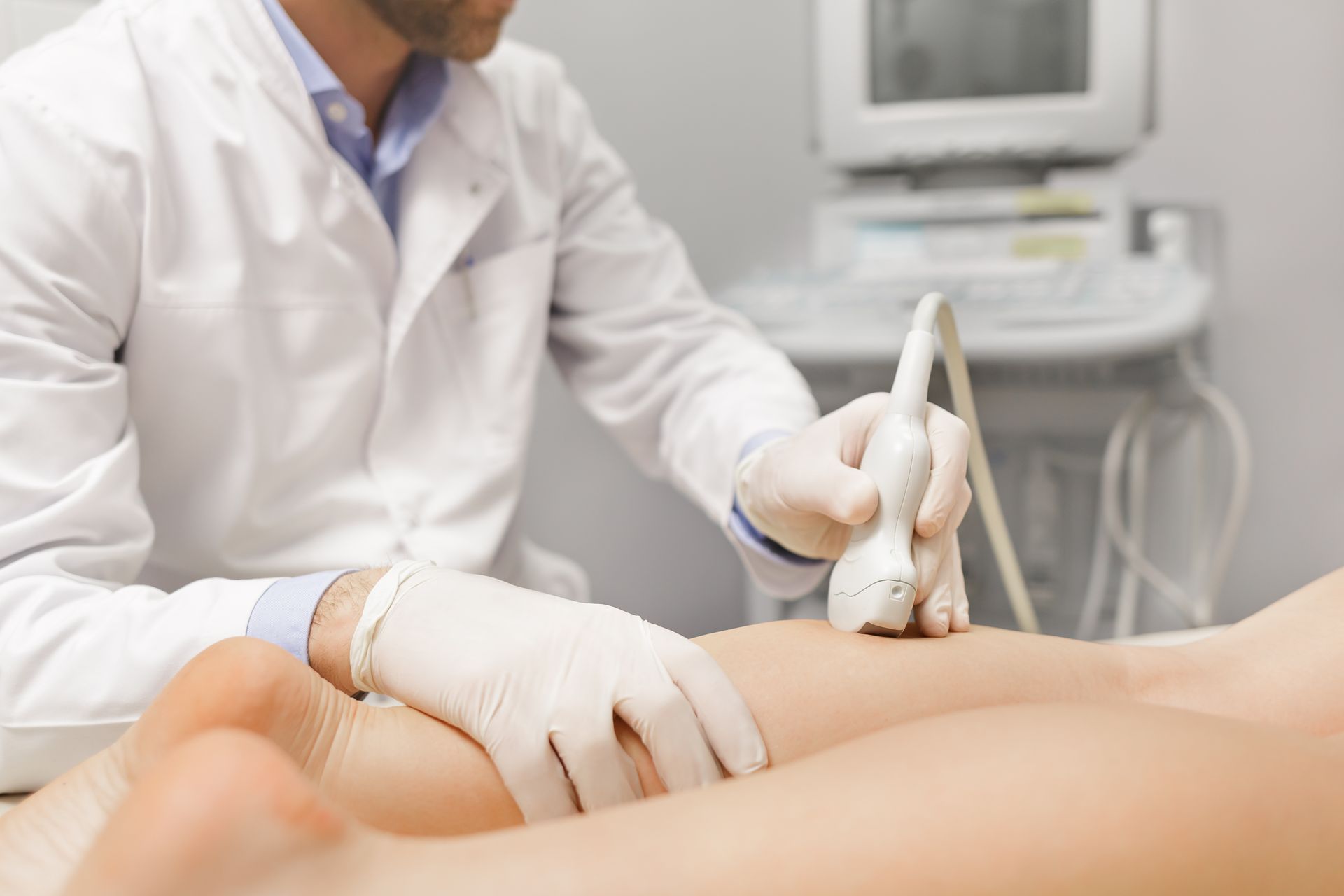
Navigate the complexities of choosing the right vein care provider in 2024 with insights on options like health network practices, corporate vein centers, private offices, and medspa-like settings. This blog from Precision Vein Care guides readers through crucial considerations, including the practice's affiliation, physician expertise, facility accreditation, and the importance of Internet research. Discover the distinctions between large health network practices, commercial/corporate vein centers, and private practices. Learn about the significance of Intersocietal Accreditation Commission (IAC) accreditation and explore the qualifications, training, licensing, and board certification of the physicians. Precision Vein Care is highlighted as a unique choice, employing a board-certified, vascular surgery fellowship-trained vascular surgeon, providing 100% vein care in an office-based setting. We hav IAC accreditation, state-of-the-art equipment, and two locations.

Uncover the prevalence of chronic venous disease affecting 20 million people globally, with a focus on the misconception that visible varicose veins are the sole indicator. This blog sheds light on the often overlooked subterranean vein disease, detailing the underlying causes, symptoms, and the importance of seeking evaluation and treatment. Precision Vein Care, with two accessible locations, is highlighted as a provider offering comprehensive vein evaluations, second opinions, ultrasound screening, and minimally invasive therapies for optimal results.

Explore the evolution of vein care from traditional vein stripping to modern, minimally invasive techniques. Learn about the outdated procedure's challenges, the impact on patients, and how Precision Vein Care offers advanced alternatives for treating symptomatic superficial venous insufficiency. Discover the latest methods, including radiofrequency, laser, and surgical adhesive techniques, emphasizing the minimal discomfort and convenience of office-based treatments.

Precision Vein Care specializes in comprehensive vein disease evaluations, ultrasound imaging, and office-based procedures, offering a convenient one-stop solution for vein care. Contrary to the misconception that vein issues are solely cosmetic, the blog explores insurance coverage for office visits and procedures related to varicose veins. Dr. Guzzo and his expert team navigate through insurance criteria, emphasizing that treatments for symptoms such as leg heaviness and pain are often covered. The blog also addresses common misunderstandings about the cost of vein treatments and highlights the variety of insurance plans accepted, including Aetna, Cigna, Humana, United Healthcare, Medicare, Medicaid, Multiplan, and various Blue Cross/Blue Shield providers.

When one is undergoing treatment for symptomatic varicose veins that failed conservative therapy with leg elevation, exercise, weight loss, NSAIDs for pain, and compression stockings, several procedures are available for treatment. A duplex venous ultrasound map will demonstrate which veins are abnormal and allow your vein specialist to target the appropriate veins for treatment. Commonly, the first stage usually involves treating saphenous vein incompetence with ablation techniques such as endovenous laser, radiofrequency, or adhesive ablation. But once that is completed, what treatments are available to remove those persistent, large, painful varicose veins? As your physician or surgeon will explain, the great or small saphenous vein requires treatment before the more obvious large varicose veins are targeted, as their very presence is due to that saphenous vein abnormality. Once this is addressed, the branch/tributary veins can be treated with complementary procedures such as ultrasound guided foam sclerotherapy, a commercial product called Varithena, or ambulatory phlebectomy. Ultrasound guided foam sclerotherapy (UGFS) and Varithena are similar minimally invasive treatments and involve injecting a medication directly into the abnormal tributary vein. Veins with abnormal diameters between 3-6mm can be effectively treated with this modality. However, in some instances, vein diameter and burden of veins may see this treatment carry a prolonged treatment course. The veins may be very slow to resolve. Sometimes, the treated veins can feel quite lumpy and remain uncomfortable as they heal and require small drainage procedures to remove trapped blood. In other instances, the skin overlying the treated veins may become discolored, called hyperpigmentation. While each of these issues does resolve with time, some patients may find this process troublesome. Ambulatory phlebectomy is an alternative treatment option. It is a minor surgical procedure that can be easily performed in an office setting under local and tumescent anesthesia. Small skin incisions are made in the anesthetized regions, the veins snared with a hook, removed, and the incision closed with a Steri-strip or suture. Phlebectomy is useful for veins that are quite large and superficial, and avoids the slow resolution time, need for removal of trapped blood, and hyperpigmentation than can occur with foam injection treatments. While more invasive than injection therapy, the vein is immediately removed, the 2-3mm incision sites heal quickly, with only a day or two of recovery in experienced hands. At Precision Vein Care, we provide several modalities for saphenous vein ablation as well as several complimentary treatments for the visible veins, including UGFS, Varithena, and phlebectomy. Call today to discuss your symptoms and treatment options.

Chronic venous insufficiency affects 20% of the population, with a wide range of symptoms. If they progress and cause substantial negative impact on your daily activities, exercise regimen, or employment, your primary care team may refer you to a vein specialist, or you may seek one out using the internet. So as the vein space can get quite crowded, a common question may arise, “What kind of doctor am I going to see?” While in the most literal sense, a vein doctor is a “phlebologist,” a number of different specialties can be found offering good vein care, with variable training, skill sets, and certifications. A phlebologist is typically a medical doctor, one that has completed medical school, internal medicine or dermatology training, and has pursued additional coursework and seminars in vein disease. There is an American Board of Phlebology, with certification granted after successful completion of a written exam, but this is not recognized by the American Board of Medical Specialites (ABMS). General surgeons, plastic surgeons, interventional cardiologists, dermatologists, and interventional radiologists all may provide vein care. Although separate and distinct specialties, each requires residency training and often additional training in fellowship programs. These specialties are recognized by the ABMS, and may provide a component of quality vein care as a part of their practice, or solely focus on vein care. However, a common thread of these specialties is that vein care is not the primary focus of their training (e.g. cardiologists focus primarily on the heart, dermatologists on skin, etc). Last but not least, and with obvious bias by the author, are vascular surgeons. These specialists provide expert care for all blood vessel diseases. They typically have five to seven years of general surgery training following medical school, which is then followed by another two years of specialized vascular and endovascular surgery training. This is what sets this specialty apart, as it is the only subspecialty devoted entirely to the care of blood vessel disease. Many of these surgeons incorporate a large portion of their practice to vein care. Because they have the most comprehensive interventional and surgical training, they can offer an unparalleled level of care to patients with vein disease. For example, a medically trained vein specialist may limit their vein offerings as a result of their training and comfort level (i.e. not performing surgical procedures like ambulatory phlebectomy), while a vascular surgeon has no difficulty offering the entire spectrum of vein care, from minimally invasive, catheter-based interventions, to surgical procedures. Is there a best type? Each specialist will obviously have their biases, many will provide quality care, but none can match the breadth of training of a vascular surgeon. As you investigate vein care practices, look at the type of physician or surgeon, their training programs, years in practice, board certifications, professional societies, and accreditations. A little homework will help you find the best match for your vein care. At Precision Vein Care, we are proud to have a fellowship trained vascular surgeon, certified by the American Board of Surgery, and our facility is fully accredited through the Intersocietal Accreditation Commission.
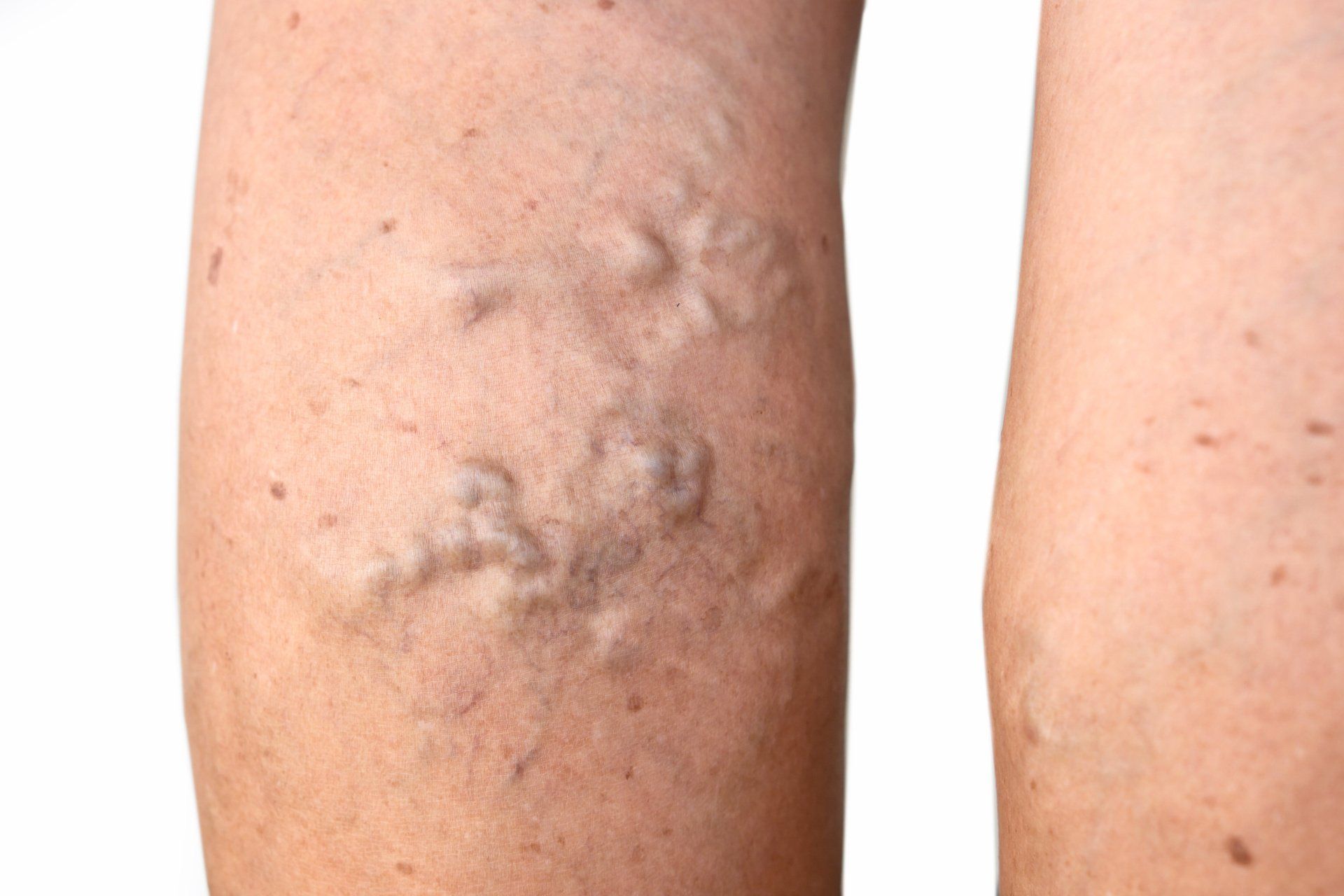
While varicose vein disease may affect up to 20% of the population, as many as 40% of women will experience varicose veins as a result of pregnancy. Venous insufficiency is a term that describes malfunctioning veins, causing symptoms of leg heaviness, aching pain, swelling, leg skin discoloration, and bulging, throbbing varicose veins. This can occur in a wide array of people, with a wide range of ages, and people with or without other medical conditions. The pathology that typically causes varicose veins, namely reflux of the great or small saphenous vein, with enlarged, visible branch veins, can be caused or worsened by pregnancy. Fluctuations in female hormones during normal pregnancy can weaken veins, and the enlarged uterus placed pressure on veins in the pelvis, worsening the problem. Common symptoms during pregnancy include leg swelling, heaviness, and aching pain. If the venous insufficiency is severe, bulging varicose veins may appear, and cause more pain. The first steps in treatment include wearing a good compression stocking by day, elevating the legs, and avoiding prolonged periods of sitting or standing. Trying to maintain some level of exercise is beneficial. The symptoms these veins cause, and the veins themselves, can often improve within 3-6 months after pregnancy. In situations where the veins and the associated symptoms persist, or even worsen, then a vein evaluation is recommended. A vein specialist can discuss signs and symptoms of your venous disease and either recommend continued conservative management with compression stockings, elevation, and exercise, or recommend vein intervention. A venous duplex ultrasound is the next step, and this study can demonstrate which veins are abnormal, and also help to determine treatment options. So, don’t worry. If you have persistent vein issues following your pregnancy, minimally invasive treatment options are available. These are typically done in an office-based setting, with minimal discomfort, minimal downtime, and rapid relief. If you have any questions regarding pregnancy associated vein disease, call Precision Vein Care today for an appointment.




